In the rapidly evolving landscape of fitness and wellness, online influencers have emerged as powerful figures, shaping the health choices of millions. However, in Australia, a concerning trend has surfaced: a significant portion of these influencers are dispensing advice that is not only misleading but potentially harmful. This article delves into the factors contributing to this phenomenon and the implications for the Australian audience.
The Rise of Fitness Influencers in Australia
The digital age has democratized access to information, and the fitness industry is no exception. Social media platforms like Instagram and TikTok have become fertile grounds for influencers to share content, often blurring the lines between professional expertise and personal opinion. In Australia, this trend is amplified by a fitness-conscious culture and the increasing reliance on digital media for health advice.
Case Study: The Impact of Misleading Fitness Advice
Consider the case of "FitWithAmy," a prominent Australian fitness influencer with over 500,000 followers. Her posts, often promoting quick-fix diets and extreme workout regimes, attracted a large audience seeking rapid results. However, a closer examination revealed a disturbing pattern: followers who adhered strictly to her advice reported adverse health outcomes, including nutritional deficiencies and injuries from over-exertion.
An investigation by the Australian Competition & Consumer Commission (ACCC) highlighted that Amy's advice lacked scientific backing and often contradicted established health guidelines. This case underscores the potential dangers of unqualified influencers wielding significant influence over public health decisions.
Why Bad Advice Persists
Several factors contribute to the persistence of poor advice from online fitness influencers in Australia:
- Lack of Regulation: Unlike traditional health professionals, influencers are not bound by the same regulatory frameworks. This lack of oversight allows misinformation to proliferate unchecked.
- Algorithmic Amplification: Social media algorithms prioritize content that generates engagement, often promoting sensationalist or extreme advice over evidence-based information.
- Commercial Incentives: Many influencers monetize their platforms through sponsorships and product endorsements, creating a conflict of interest that may prioritize promotional content over factual accuracy.
Expert Insights: The Economic Perspective
The Reserve Bank of Australia (RBA) notes that the wellness industry significantly contributes to the national economy, with Australians spending billions annually on fitness-related products and services. However, the propagation of misleading advice can undermine consumer trust and potentially destabilize this lucrative market.
Regulatory Insights and Consumer Protection
The Australian Securities and Investments Commission (ASIC) and the ACCC have begun addressing the issue of misleading health advice online. They emphasize the importance of transparency and accountability, urging influencers to disclose affiliations and ensure their advice is evidence-based.
Common Myths and Realities
- Myth: "Detox teas are essential for weight loss." Reality: The Australian Medical Association (AMA) states that detox teas offer minimal weight loss benefits and can disrupt normal metabolic processes.
- Myth: "Carb-free diets are sustainable long-term." Reality: Nutritionists warn that eliminating entire food groups can lead to nutrient deficiencies and are not sustainable approaches to healthy eating.
- Myth: "More exercise is always better." Reality: Over-exercising can cause injuries and burnout, with the ABS emphasizing balanced routines tailored to individual health needs.
Steps to Mitigate the Risks
To protect themselves, Australians should consider the following strategies:
- Verify Qualifications: Follow influencers with certified credentials in nutrition and fitness.
- Seek Diverse Sources: Cross-reference advice from multiple, reliable sources, such as health organizations or academic publications.
- Engage with Professionals: Consult with certified health and fitness professionals for personalized advice.
Future Trends and Predictions
As Australia's digital landscape continues to evolve, several trends are expected to shape the future of online fitness advice:
- Increased regulation and oversight by authorities such as the ACCC to ensure accountability.
- The rise of AI-driven health platforms offering personalized, evidence-based fitness advice.
- A shift towards holistic wellness approaches that integrate mental and physical health.
Final Takeaways
- Australians should critically evaluate the advice of online fitness influencers, prioritizing evidence-based information.
- Regulatory bodies are becoming more active in addressing misinformation, but consumers must remain vigilant.
- Future advancements in technology and regulation may enhance the reliability of online fitness content.
In conclusion, while online fitness influencers can offer valuable motivation and insights, Australians must navigate this landscape cautiously, ensuring their health decisions are informed by science and professionalism. What strategies have you found effective in discerning quality health advice? Share your thoughts below!
People Also Ask (FAQ)
- How does bad fitness advice impact Australians? Misleading fitness advice can lead to adverse health outcomes and financial loss, as consumers invest in ineffective products and regimes.
- What are the biggest misconceptions about fitness influencers? A common myth is that all fitness influencers are qualified experts. However, many lack formal training, leading to questionable advice.
- What are the best strategies for verifying fitness advice? Verify the influencer's credentials, cross-check information with reputable sources, and consult with certified health professionals.
Related Search Queries
- Australian fitness influencers to follow
- How to spot fake health advice
- Regulations for online influencers in Australia
- Best evidence-based fitness advice
- Impact of social media on health decisions














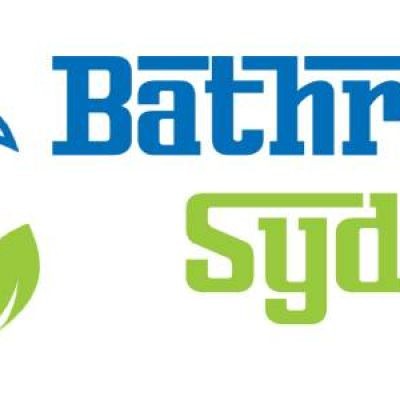









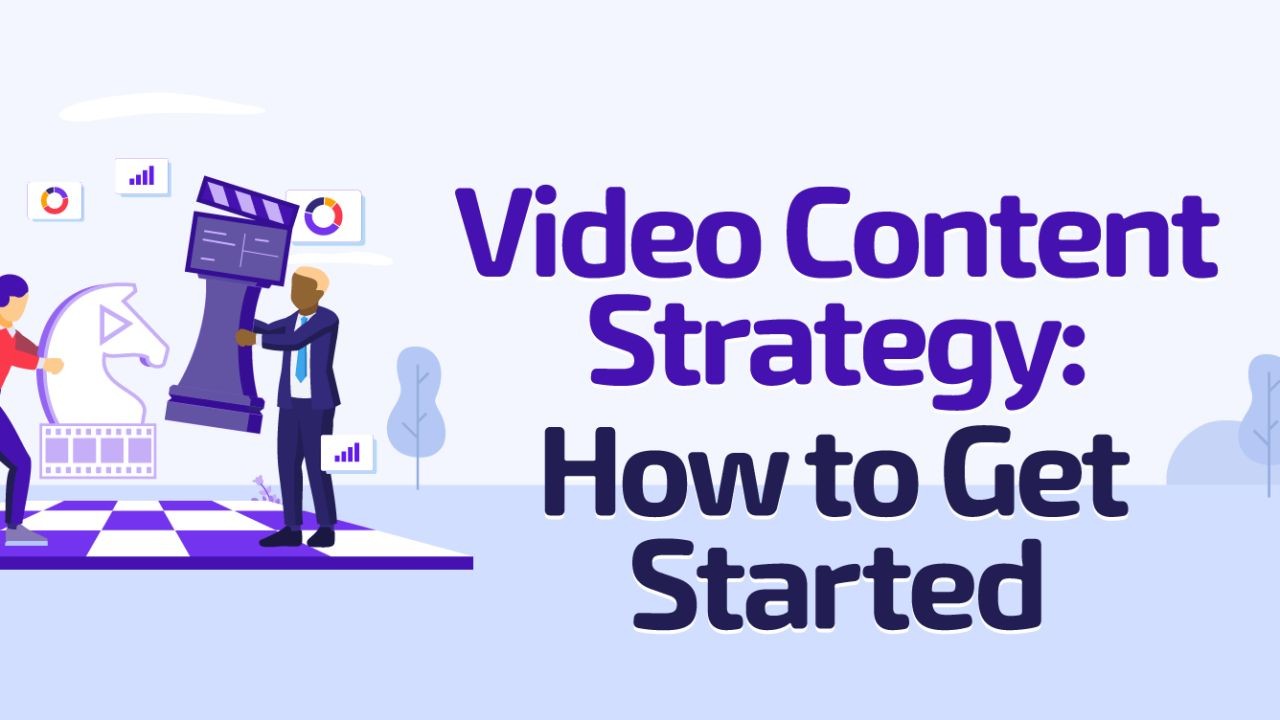


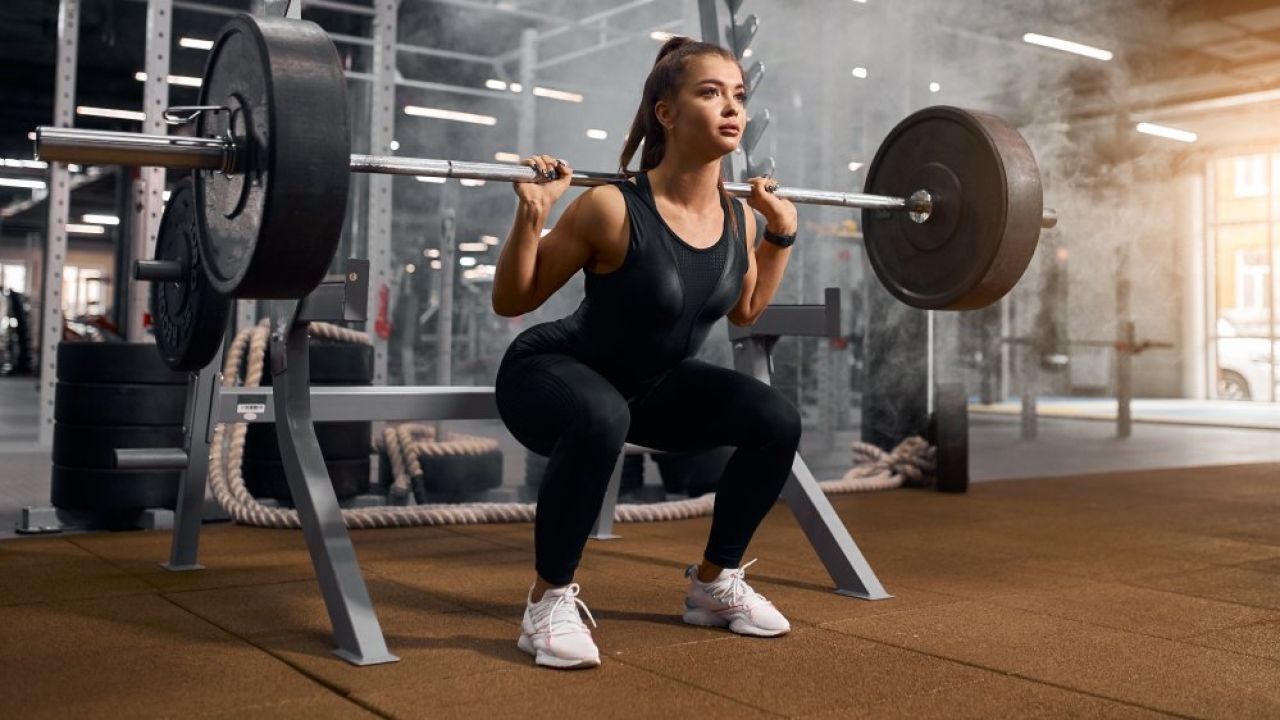




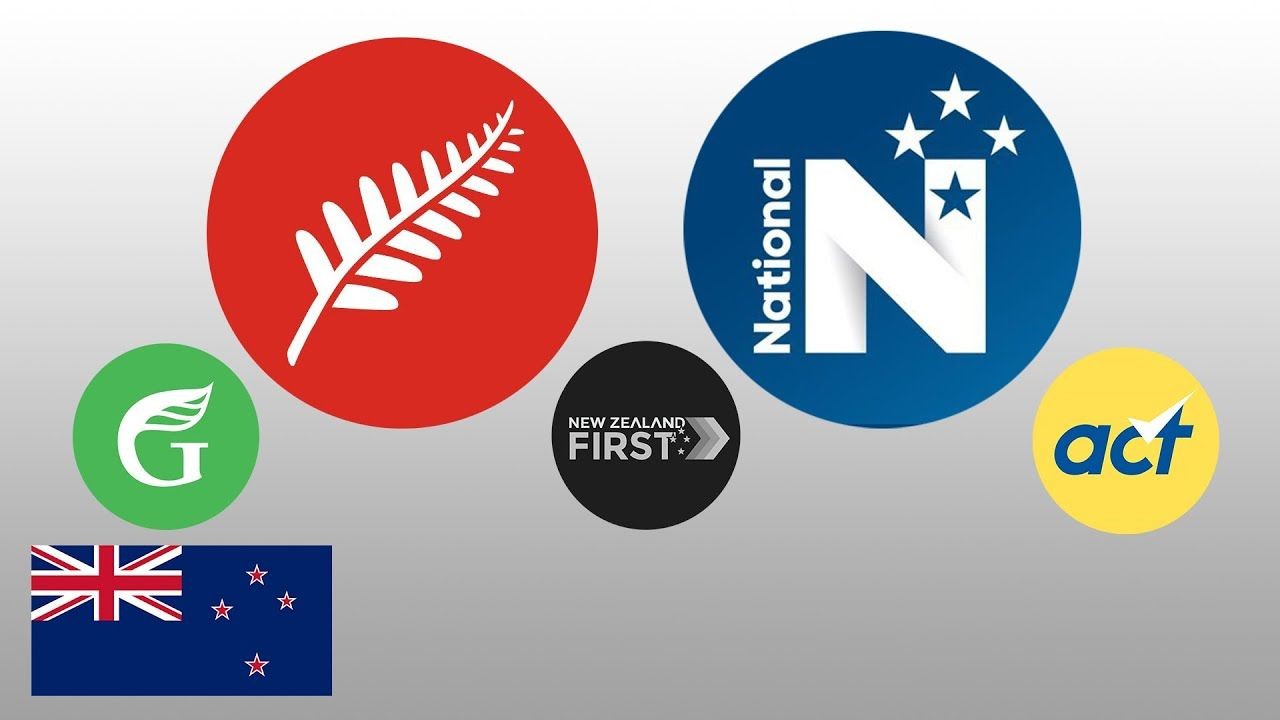

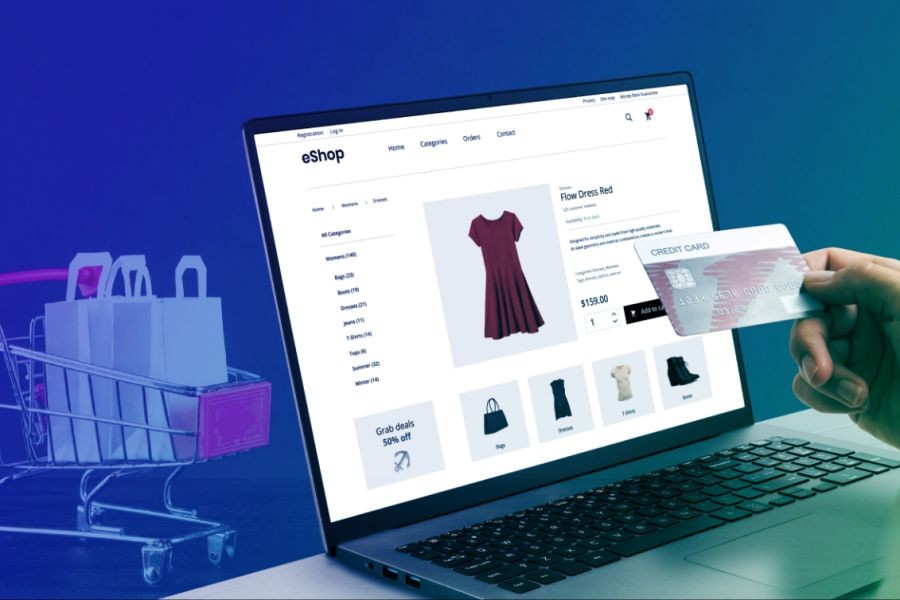







AureliaDel
2 months ago